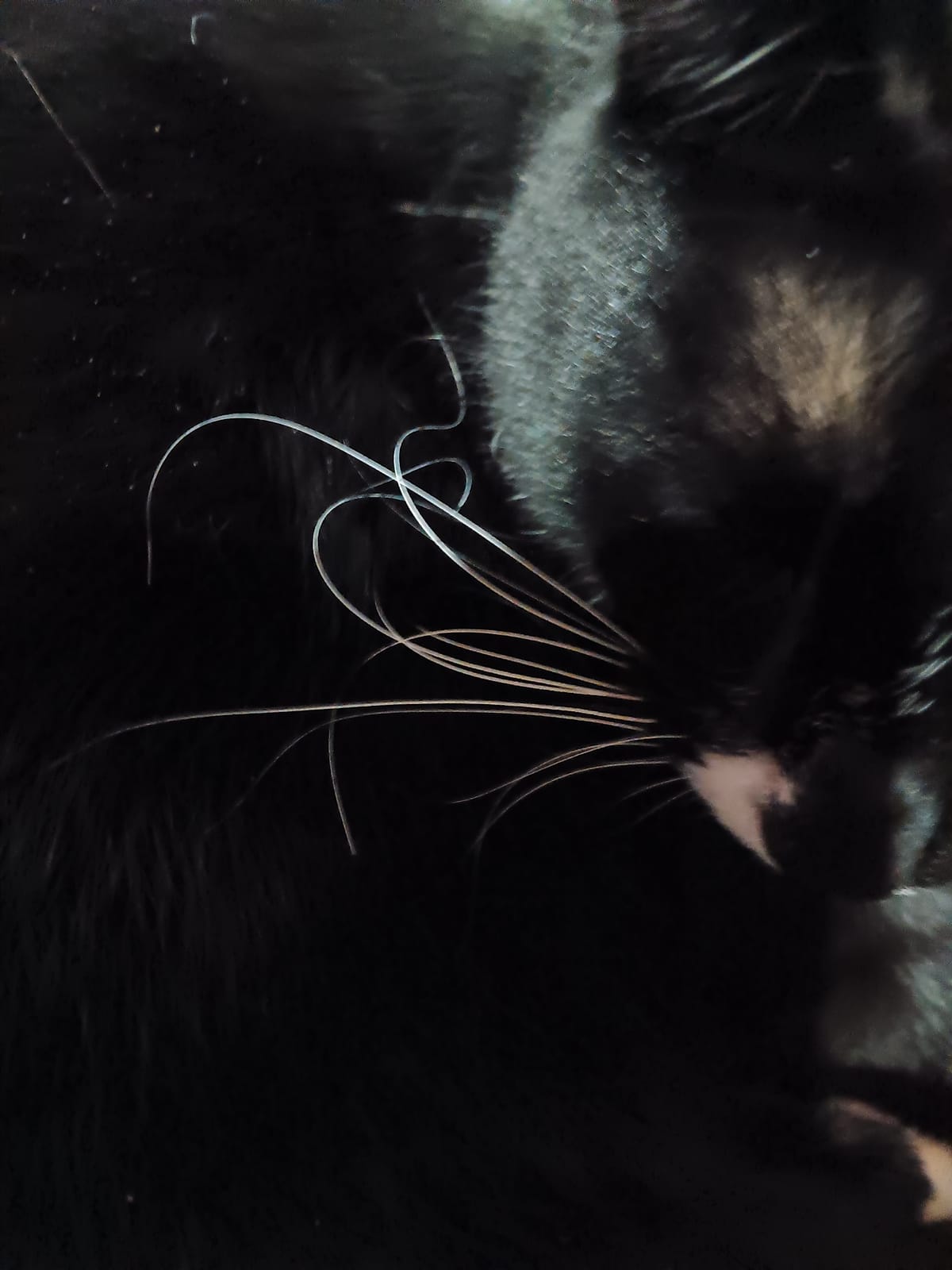Teaching neurospicy students
The Piano Instructor

There are many questions on the piano teacher forums that ask variations on the following:
My new student learns easily but doesn't really like to talk. How do I get them to speak up?
My student doesn't like some of the music we play because it makes them feel [insert unpleasant sensation]. How do I get them to work past that?
In The Faculty Handbook, I explain that you can earn an entire PhD in neuroscience, an MD in neuroscience, and all the degrees of the brain that exist thus far and not even begin to understand a tiny portion of how the brain works still. We know so little.
But we do know some things:
- Such requests—to overcome these emotions or states of being—suggests that education is necessary. We teach this.
- Those of us with neurospicy brains—I have synesthesia—are often not able to articulate in the moment why suggesting we overcome certain feelings and mannerisms is not welcome. For me, trying to get me to change or stop or behave “normally” is the same as cutting off my cat's whiskers.Those feelings or moments of silence or tics are often guideposts that helps us determine if certain situations are safe, accepting of who I actually am, and so much more, much like the whiskers on a cat.Asking a person to “speak up” without knowing the back story and without earning the trust over time that we often must feel in order to truly open up is unreasonable (for anyone, really) and sometimes frightening, anxiety producing and basically horrible.Just like with cats, actually.
I can talk about this for days and days and days, but instead I urge you to consider why I lobby so hard for piano teachers to be well versed in educational pedagogy.
This is why.
Can anyone who has played their instrument their whole life teach? Yes.
Should they? It depends upon how they answer questions like these.
Those of us with degrees in education and who have experience across age groups, levels and abilities do not have all the answers, but we are best equipped to find effective, scientifically reproducible suggestions that will not harm the student.
That's the difference.
